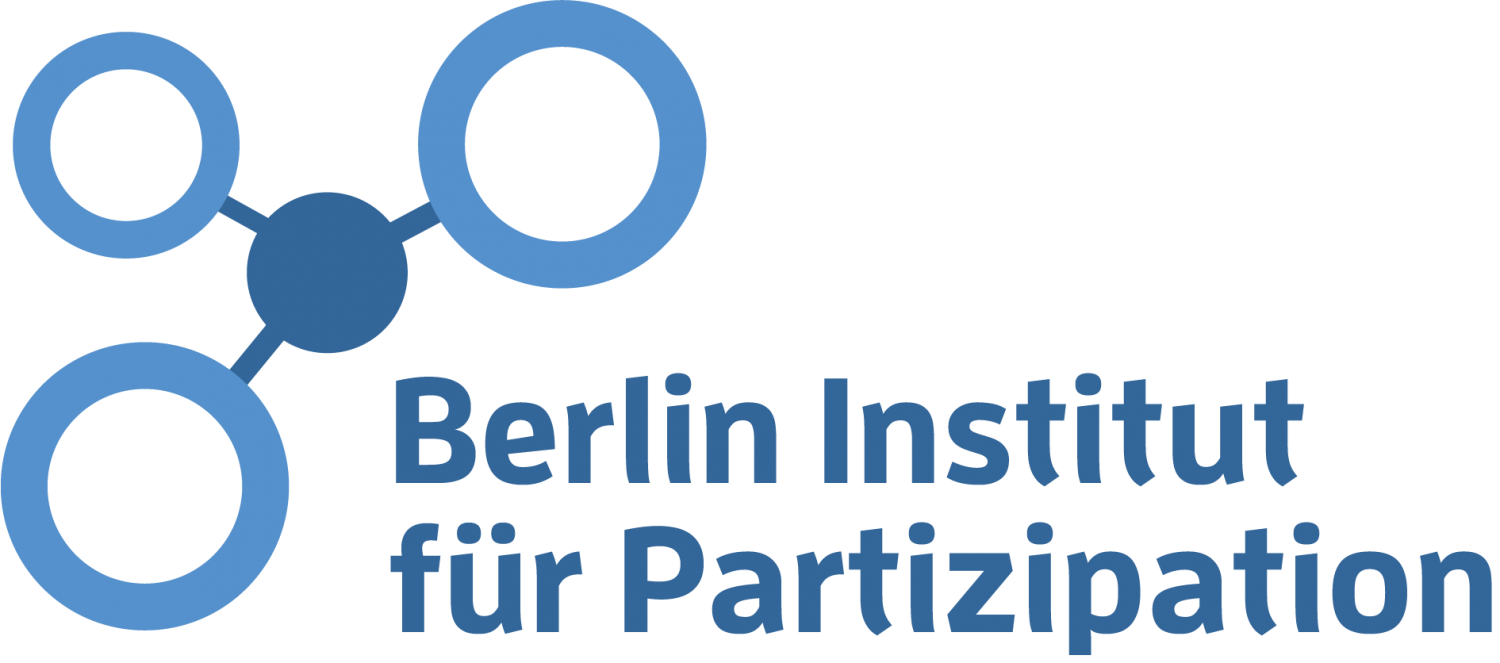Workshop: DiskursLernen
 Foto: fosa. via Flickr.com, Lizenz: CC BY-NC-ND 2.0
Foto: fosa. via Flickr.com, Lizenz: CC BY-NC-ND 2.0
 Burkaverbot, Frauenquote für die Wirtschaft, bedingungsloses Grundeinkommen, Embryonen- und Stammzellforschung, die Debatte um den Einsatz von Glyphosat … Diskursfähigkeit als Bürgerkompetenz unterliegt hohen Anforderungen, sie muss erlernt und eingeübt werden. Eine Reihe unterschiedlicher Fähigkeiten stehen im Fokus von Bildungsarbeit im Bereich Demokratielernen und Teilhabe: Sachkompetenz in der zu verhandelnden Streitfrage, sozial-kommunikative Kompetenzen sowie ethische Urteilskompetenzen.
Burkaverbot, Frauenquote für die Wirtschaft, bedingungsloses Grundeinkommen, Embryonen- und Stammzellforschung, die Debatte um den Einsatz von Glyphosat … Diskursfähigkeit als Bürgerkompetenz unterliegt hohen Anforderungen, sie muss erlernt und eingeübt werden. Eine Reihe unterschiedlicher Fähigkeiten stehen im Fokus von Bildungsarbeit im Bereich Demokratielernen und Teilhabe: Sachkompetenz in der zu verhandelnden Streitfrage, sozial-kommunikative Kompetenzen sowie ethische Urteilskompetenzen.
Hier setzt Christine Kolbe mit ihrem Workshopformat diskurslernen an: anhand ausgewählter gesamtgesellschaftlicher Debatten werden die zentralen Stufen eines zivilgesellschaftlichen Gestaltungsdiskurses exemplarisch durchlaufen und transparent gemacht. Als Grundlage dient dabei das Verfahren der Bürgerkonsensuskonferenz: Nach Einblick in die erforderlichen Sachinformationen bilden die Teilnehmer*innen eine persönliche Haltung zu der strittigen Thematik aus. Über einen moderierten Diskursprozess mit vielen spielerischen Momenten aber auch anregend-anstrengenden Debatten, einer Expertenbefragung und Abstimmungsprozessen erarbeitet die Gruppe eine detaillierte gemeinschaftliche Stellungnahme möglichst im Konsens. Im Ergebnis entsteht je nach Zeitrahmen ein Stimmungsbild, Positionspapier, Politikempfehlung oder ausdifferenzierten Gesetzesvorschläge.
Interessierte Initiativen und Bildungseinrichtungen in Berlin sind am 11.10.2016 um 19:00 Uhr eingeladen, sich mit Konzept und den passgenauen Anwendungsmöglichkeiten der diskurslernen-Methode vertraut zu machen.
BIROraum
Weserstraße 38
12045 Berlin-Neukölln
Anmeldung erbeten unter: kolbe@klugekonzepte.de
Mehr Informationen finden Sie hier.
Literaturhinweise
Partizipative Produktentwicklung bei drei Energieversorgungsunternehmen Buchabschnitt
In: Jörg Sommer (Hrsg.): Kursbuch Bürgerbeteiligung #2, Verlag der Deutschen Umweltstiftung | bipar, Berlin, 2017, ISBN: 978-3942466-15-8.
In: Linguistik Online: Sprache und Demokratie, Bd. 73, Nr. 4, 2015.
Dialog statt Konfrontation. Bürgerbeteiligung beim Aus- und Umbau des Energiesystems Artikel
In: Energiewirtschaftliche Tagesfragen, Bd. 63, Nr. 3, S. 100-103, 2013.
Einsatz der Bioenergie in Abhängigkeit von der Raum- und Siedlungsstruktur Buch
Vieweg+Teubner Verlag, Wiesbaden, 2011, ISBN: 978-3834808196.
